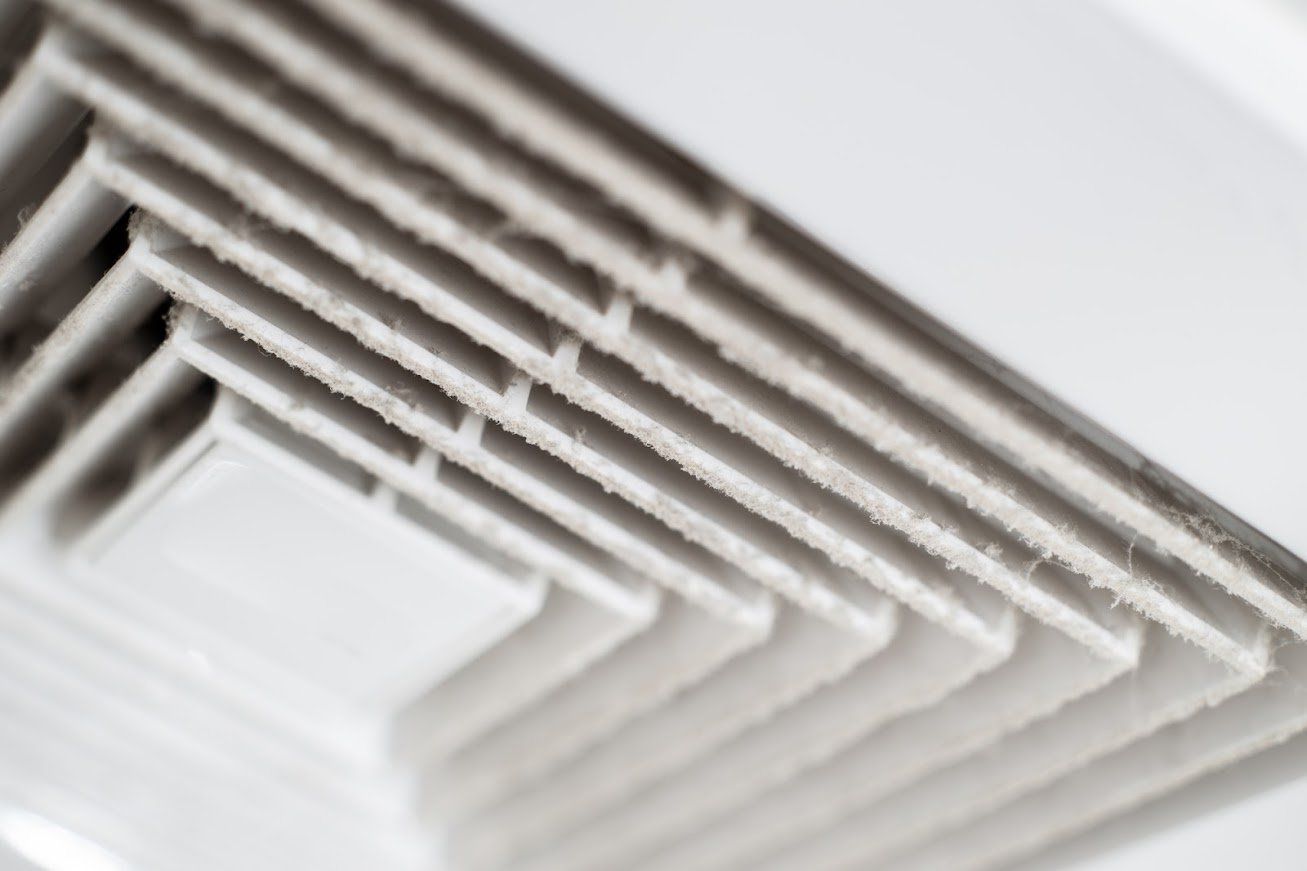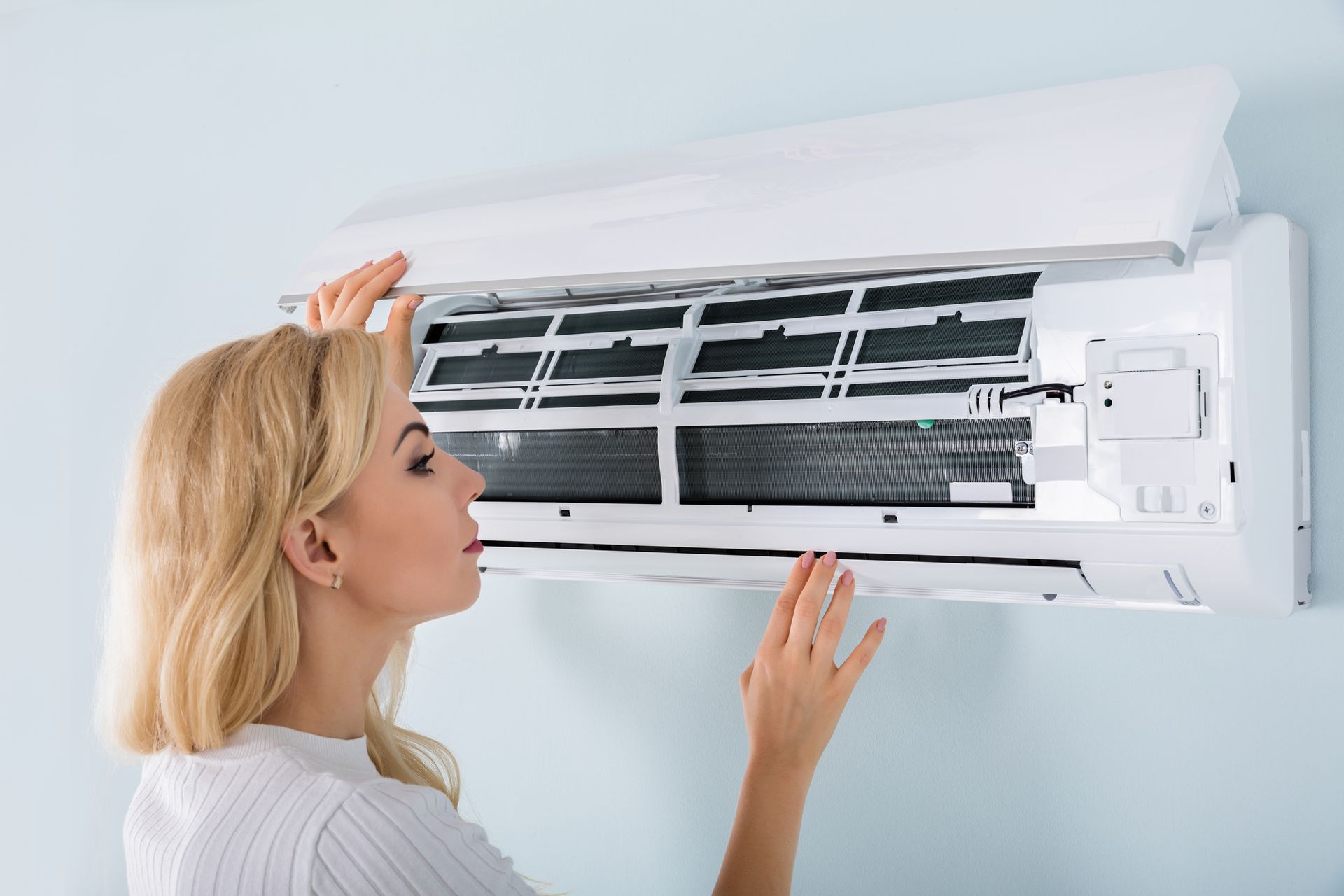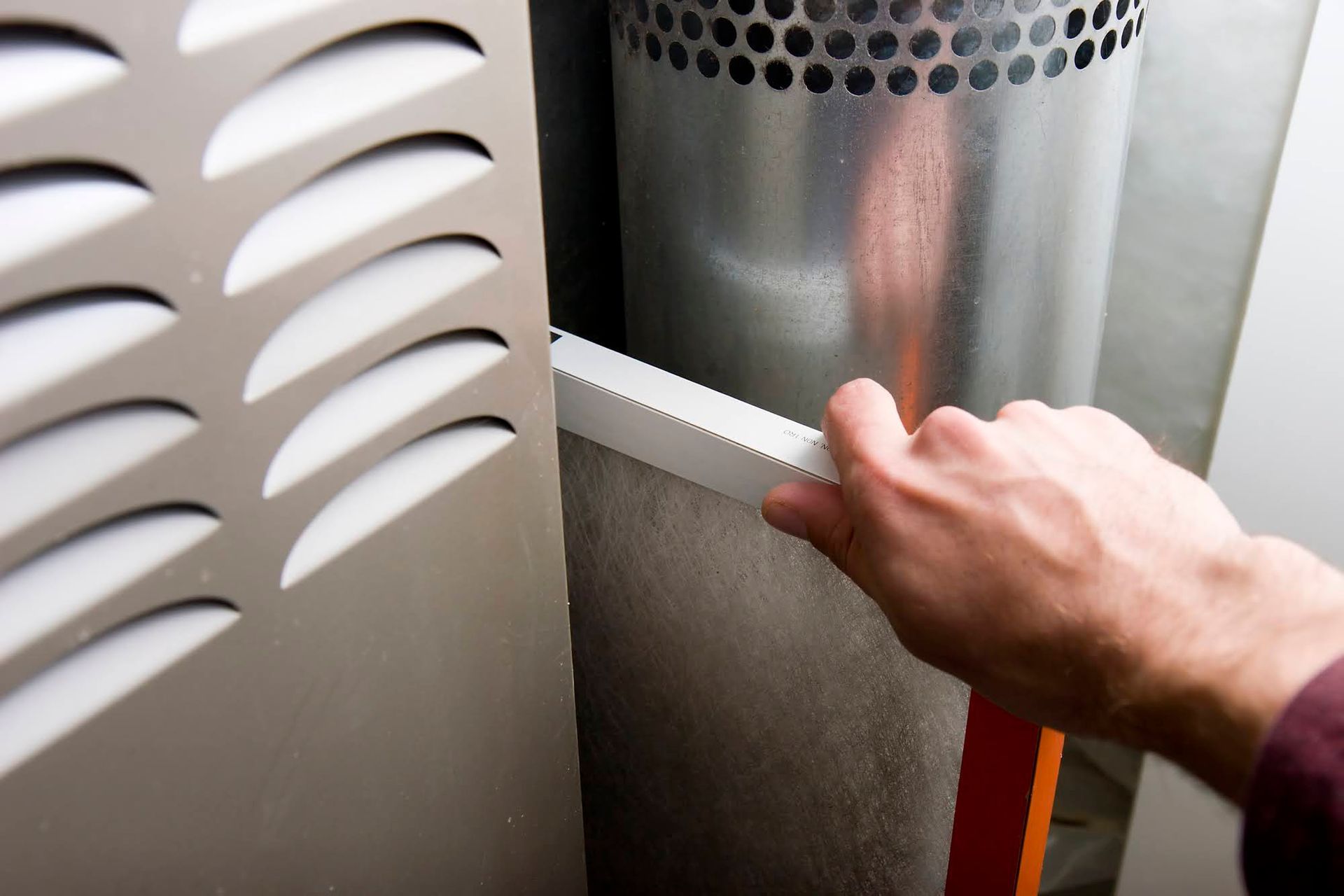Do Your Air Ducts Need Repair or Replacement? 3 Warning Signs
March 1, 2022

Air ducts are a vital component in your HVAC system since they supply clean air throughout your home. However, certain hitches in the system may reduce your indoor air quality. Your air ducts need maintenance and may require repair or replacement from time to time. Don't wait until something goes wrong to act. Instead, watch out for any indicators of problematic ducts.
But how can you tell when you need an air duct repair or replacement? Find below three telltale signs you shouldn't ignore.
1. Odors
The odor effects of your AC system will determine whether you need a change or replacement. Common odors include smoke smells if you smoke and rots caused by trapped and dead animals. Others include gunpowder caused by electrical shorting, burns caused by mechanical problems, and sewage smells from the sewer line.
The occurrences below cause the odors:
- Growth of mold and mildew. When warm air blows over the ductwork, condensation can occur and provide a conducive environment for mold growth. When air blows in, it carries along with mold spores into your airspace. You experience a moldy smell when you turn on your AC when this happens. Molds aren't extremely dangerous unless they escalate to high levels or you have allergies and respiratory illnesses. Either way, you shouldn't wait long to contact an expert when you get the first sign of an infestation.
- Presence of dead animals and fecal matter.
Rodents sometimes reside in the ductwork and excrete urine and feces whose smell blends in alongside air. Other times, animals get into the duct system and can't find their way out. As a result, they die there and cause vague stinks. Some common animals
found in the duct system are rats, mice, cats, and birds.
- Mechanical problems in components.
Fans, compressors, and circuit board hitches cause smells of burns and gunpowder. Such hitches are serious and require the immediate intervention of a professional.
2. Odd Sounds
Whereas the normal operation of the ductwork can produce gentle noises, be wary of weird sounds. A noisy operation can result from blockages, holes, improper installation, e.t.c. Duct noises include:
- Squeals. If your ductwork suddenly develops squeals, you need to have it checked immediately. If you don't let the issue escalate, you'll likely need a repair, and the system will be good to go. However, if you delay, you may need a replacement.
- Rattles. When duct components become loose, they knock against each other and produce noises. Old age and clogged filters, too, can cause rattles. So, you need an expert to check and advise whether you need to clean, repair, or replace the ductwork.
- Hisses. The sound indicates a coolant leak, which is a dangerous ordeal most of the time.
3. Poor Air Flow
Damaged or unclean air ducts allow dust and allergens that cause illnesses. The air conditioner should ensure almost equal airflow in different rooms. If you notice restricted flow in some rooms, check the duct unit of that room for fault. Problems in your air duct that restrict airflow include:
- Leakages. Seams, holes, or cracks allow air to escape from the unit before it reaches your space.
- Warped Flex Duct. Whereas some air conditioners have rigid ducts, others use a flexible one that is more prone to distortion. Damages interfere with normal operations of flex ducts and cause weak airflow to and from your house.
Conclusion
If any of the indicators above seem familiar, it's time to call the experts. At Comfort Solutions, we offer excellent installation and repair services. Our mechanics and technicians are highly skilled to ensure you get the best services.










